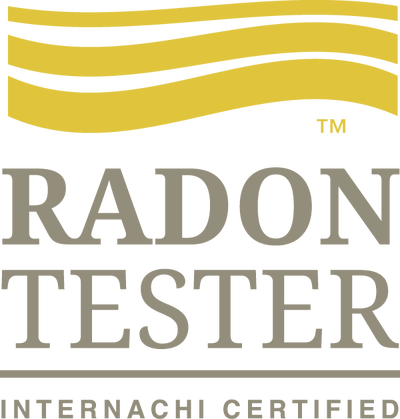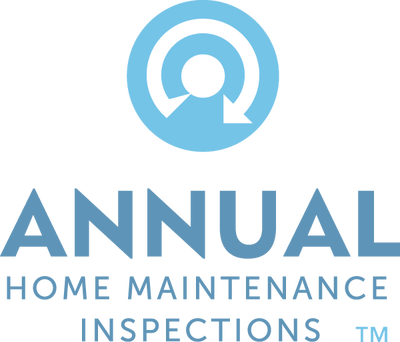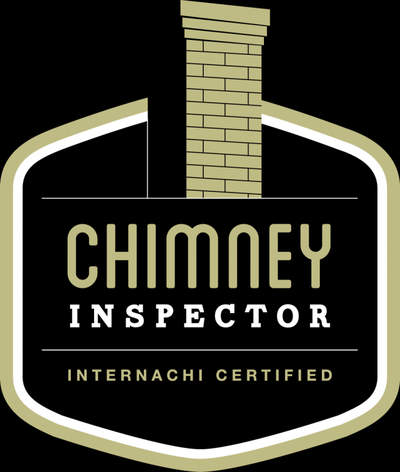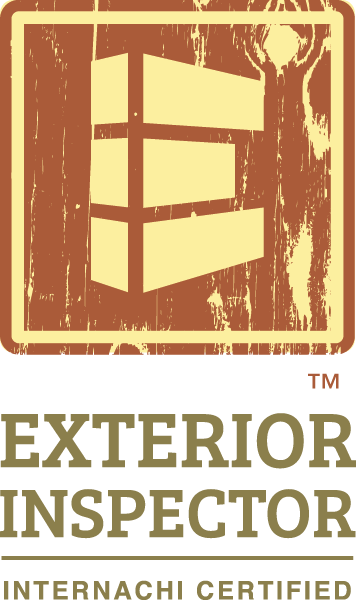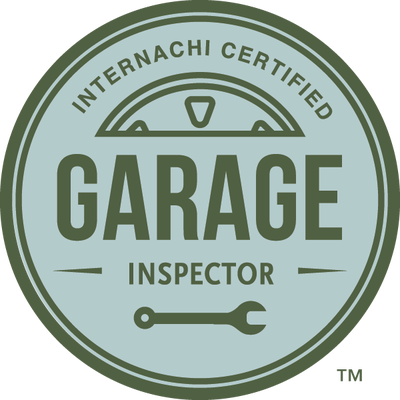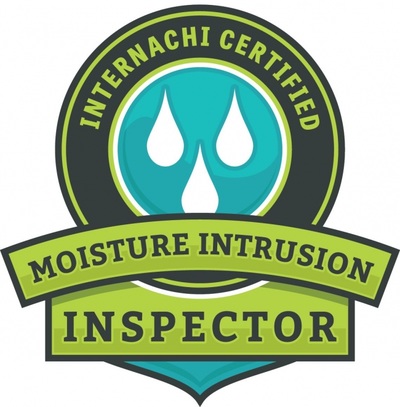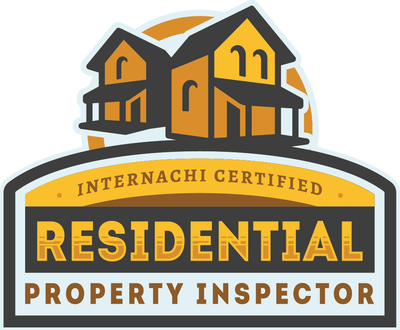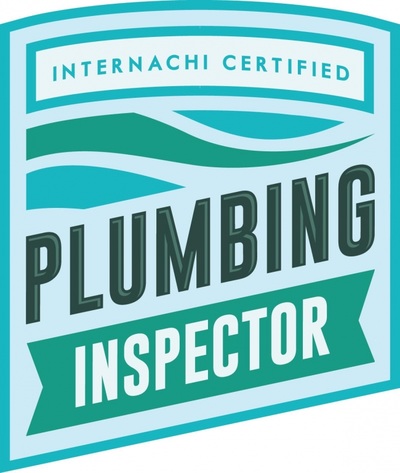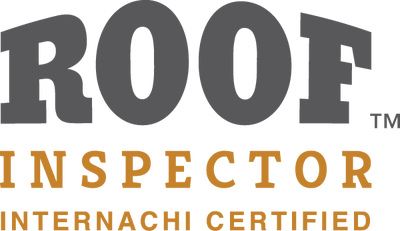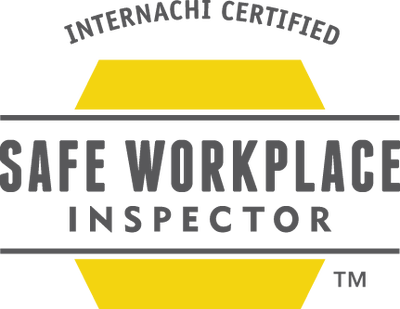|
by Nick Gromicko 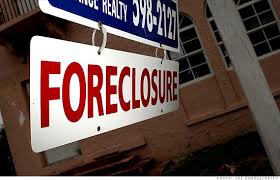 Purchasing foreclosed homes in desirable areas at below-market values can be a sound investment strategy. Appreciation on their original prices may be tax-free. Buying foreclosed rental properties can provide positive cash flow, as well as valuable tax deductions. On the other hand, buying a foreclosure involves homework, patience, and a certain amount of luck. For those wishing to get a bargain house through the foreclosure process, it’s best to learn the basics. Four Ways to Buy a Foreclosed Home
In summary, there are a number of ways to go about buying a foreclosed home, and buyers should exercise patience, persistence and careful planning before buying foreclosed properties. Craftsman Home Inspections llc is a home inspection and Radon Testing company proudly serving the Aurora CO and Denver CO Metro Areas. If you are looking for a Home Inspector in Aurora or Denver, please give us a call at 720-593-0383 or check us out online at CraftsmanColorado.com or simply schedule your home inspection below.
SCHEDULE INSPECTION
1 Comment
7/28/2016 01:23:08 am
This story reminded me of how I got started buying foreclosed homes in Canada a few years ago.I just want to let everyone who's thinking of doing this to go for it - it's not as hard as many people like to make it seem. For example, in my case I didn't have much money and could not even qualify for a mortgage. Still, I didn't give up and by looking in the right places I was able to secure properties for as much as 50% below market value. If you're interested, you might want to check out this article, which explains what I'm talking about much better than I could:
Reply
Leave a Reply. |
AuthorCraftsman Home Inspections. We are your Aurora and Denver Colorado Home Inspectors. Here you will find useful information about the Home Inspection industry as well as home maintenance tips. Archives
April 2020
Categories |
Our
|
Craftsman Home Inspections llcAt Craftsman Home Inspections we are professionals who promise to give you our best Home inspection every time.
|
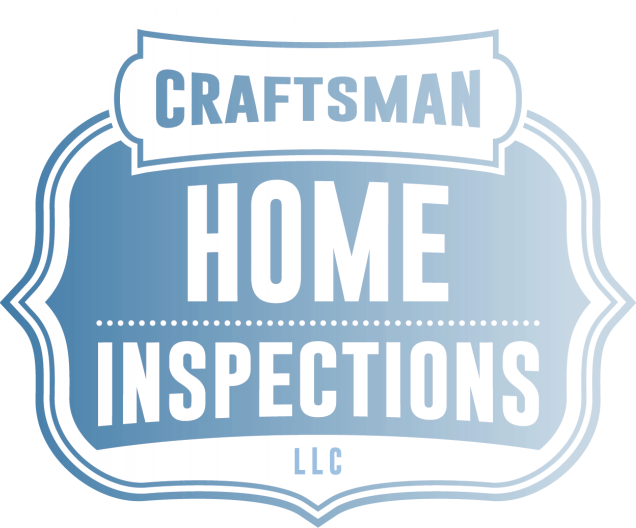
 RSS Feed
RSS Feed
